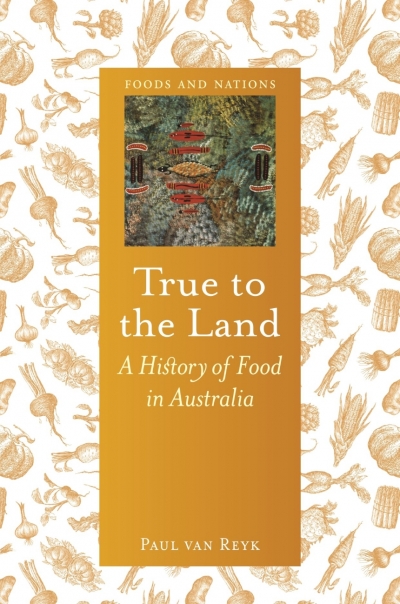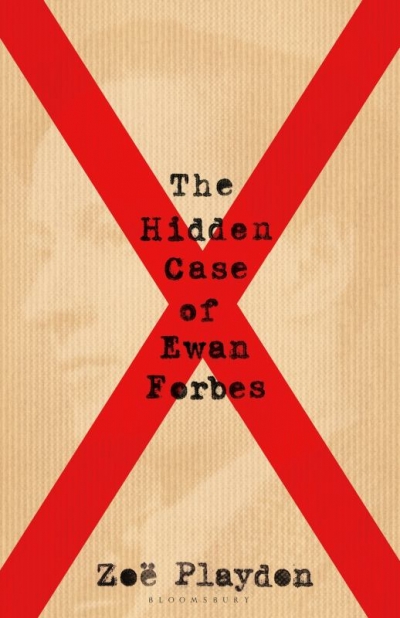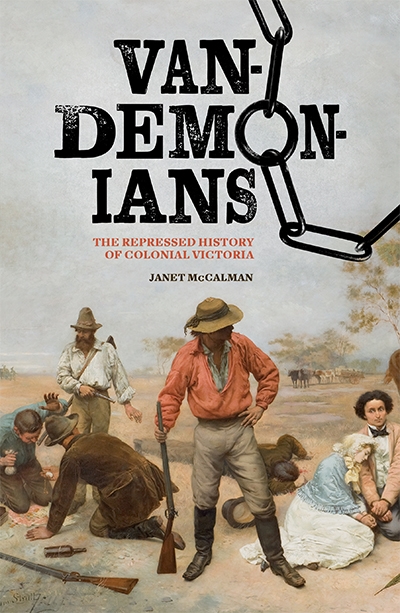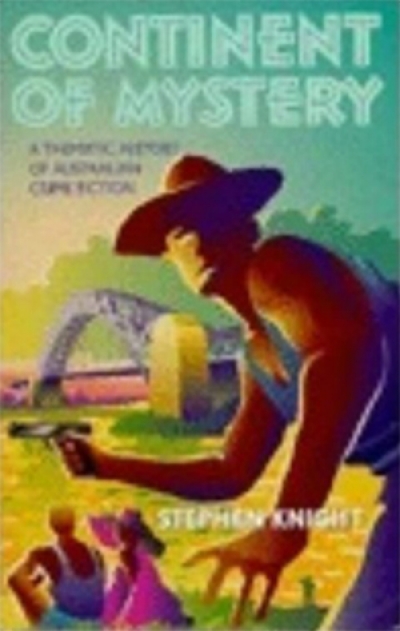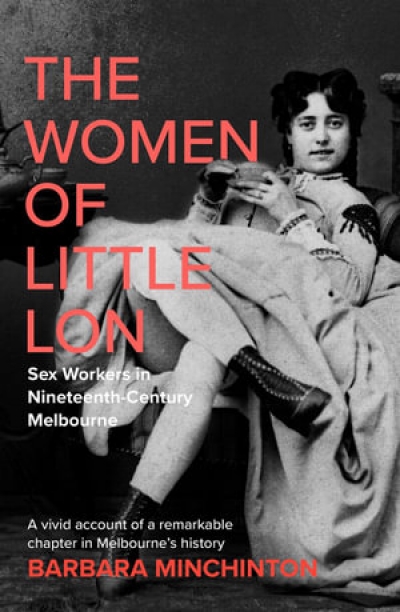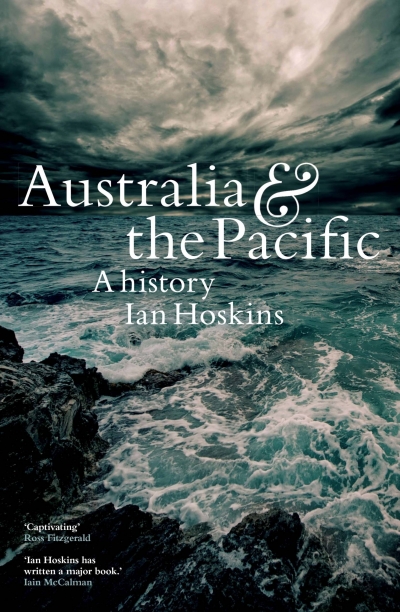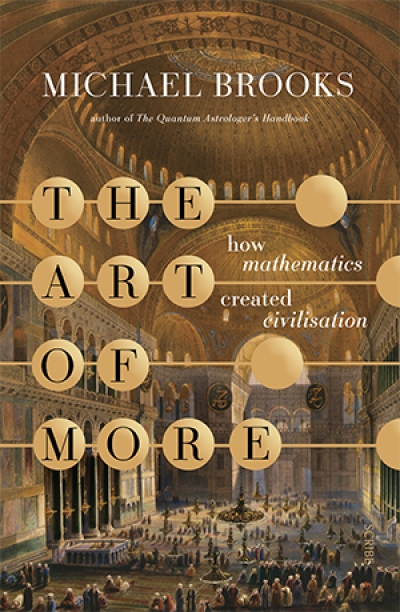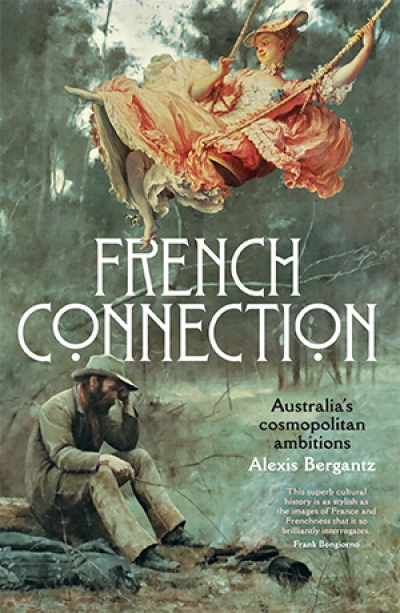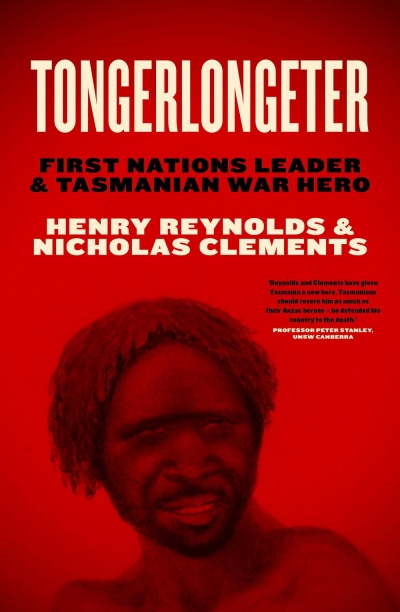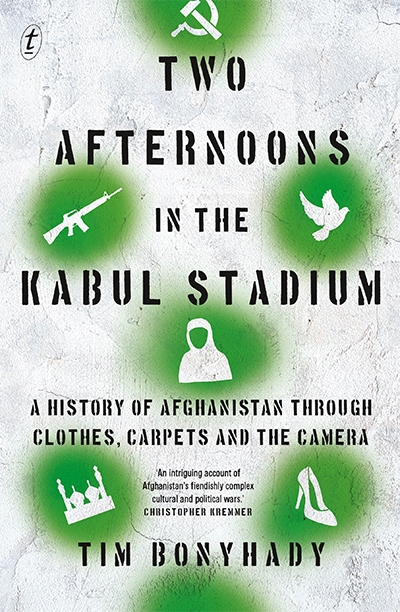History
True to the Land: A history of food in Australia by Paul van Reyk
‘The past only comes into being from the vantage point of the future,’ the novelist Michelle de Kretser told an interviewer recently. History is written in a present that is inexorably moving forward, while historians explore as far back as their interests take them. All the while they are backstitching, a step forward, a half step back. Post hoc ergo propter hoc?
... (read more)In winter 2019, Victoria’s Labor government tabled legislation that would make it easier for trans people to correct the sex marker on their birth certificate. Previously, trans people were required to have surgery on their reproductive organs before they could amend this foundational legal document. This requirement caused significant problems for the many trans people who don’t want or cannot afford surgery. Unable to correct their birth certificate, trans people often lived with a mismatch between their gender presentation and legal identity, a situation which forced them to disclose their transgender status and expose themselves to harassment and discrimination – or worse.
... (read more)Vandemonians: The repressed history of colonial Victoria by Janet McCalman
Though a generation has grown up with online technology, we are only just starting to grasp what it means for our understanding of humanity. As a historian, I’m surprised to find that I can now trace the emotional and intellectual experience of individuals, through long periods of their lives, with a new kind of completeness. Fragments of detail from all over the place, gathered with ease, can be used to build up inter-connected portraits of real depth. A new inwardness, a richer kind of subjectivity, takes shape as a result.
... (read more)Continent of Mystery: A Thematic History of Australian Crime Fiction by Stephen Knight
Continent of Mystery, subtitled ‘A thematic history of Australian crime fiction’ is, in the most simplistic terms, a daunting and inspiring book. My Australian crime fiction, mystery and detective fiction magazine, Mean Streets, was launched by Knight towards the end of 1990, not long before his move to the United Kingdom. For better or worse upon Knight’s departure I assumed, or at least so I was told, the mantle of Australia’s expert on crime fiction. I always perceived that observation as a compliment but having read Continent of Mystery with a sense of awe I can only say that I’m not sure I’m even fit to sit at Knight’s feet when it comes to local fiction with criminality at its core.
... (read more)The Women of Little Lon: Sex workers in nineteenth-century Melbourne by Barbara Minchinton
We routinely think of the past as a subtext of the present, but in The Women of Little Lon Barbara Minchinton flips this around. She aims not only to ‘dismantle the myths and counter misinformation and deliberate distortions’ about sex workers in nineteenth-century Melbourne, but – in an explicitly #MeToo context – to ‘reduce the stigma attached to the work today’ while heightening our ‘understanding of and respect for the lives of all sex workers’.
... (read more)Travel itineraries are significant in the world of diplomacy, as Ian Hoskins illustrates in this panoramic survey of Australia’s interactions with the Pacific. Gareth Evans, freshly installed as Australia’s foreign minister in 1988, made a point of visiting the South Pacific neighbourhood before paying his country’s traditional obeisance to Washington and the European capitals. Within a month he had visited Papua New Guinea, Nauru, the Solomons, New Caledonia, Vanuatu, Western Samoa, Tonga, Fiji, and New Zealand. Evans was sending a message, visibly prioritising ‘our Asia-Pacific geography over our Euro-Atlantic history’.
... (read more)The Art of More: How mathematics created civilisation by Michael Brooks
Were you one of those reluctant mathematics students who complained, ‘What’s the point of all this?’ If so, rest assured: Michael Brooks has made a compelling case for the role mathematics has played in making ‘civilisation’ possible. If you still need convincing, he also discusses research suggesting that doing maths is good for your brain.
... (read more)French Connection: Australia’s cosmopolitan ambitions by Alexis Bergantz
While France provided a relative trickle of immigrants – the French in Australia numbered only four thousand at the end of the nineteenth century – its influence in Australia was surprisingly pervasive. Some years ago, an exhibition entitled The French Presence in Victoria 1800–1901 drew together an extraordinary range of materials, including French opera libretti and school textbooks printed here, together with original Marseille tiles and sumptuous fabrics. But Alexis Bergantz’s new book, French Connection, is not concerned with the spread, or penetration, of French goods. Rather, it is a careful examination of the idea of France. It is typical of its verve and elegance that the cover captures this nicely: Fragonard’s frilly beauty swings high at the top, a world away from the bottom-left corner, where Frederick McCubbin’s bushman sits Down on His Luck. (Tom Roberts got it in one: his well-known painting of Bourke Street includes the French tricolor, flapping from a shopfront.)
... (read more)Tongerlongeter: First Nations leader and Tasmanian war hero by Henry Reynolds and Nicholas Clements
Tongerlongeter was surely one of Australia’s toughest military leaders. Henry Reynolds and Nicholas Clements expressly narrate his story to affirm the place of the Frontier Wars in the Anzac pantheon. Reflexive conservative responses to such arguments – that Anzac Day commemorates only those who served in the Australian military – are flawed and outdated. The Tasmanian frontier is one of Australia’s best-documented cases of violent operations against Aboriginal people. In 1828, Governor George Arthur, unable to gain control over the ‘lamentable and protracted warfare’, issued a Demarcation Proclamation later enforced by the formation of Black Lines, military cordons stretching several hundred kilometres across southern and central Tasmania to secure the grasslands demanded by white settlers.
... (read more)Two Afternoons in the Kabul Stadium: A history of Afghanistan through clothes, carpets and the camera by Tim Bonyhady
In 1994, the Afghan mujahideen commander, Abdul Haq, rebuked the United States for forgetting about Afghanistan once the communist-backed government of Mohammad Najibullah had fallen in 1992. He predicted that Washington would rue its neglect: ‘Maybe one day they will have to send in hundreds of thousands of troops,’ he told The New York Times. ‘And if they step in, they will be stuck. We have a British grave in Afghanistan. We have a Soviet grave. And then we will have an American grave.’
... (read more)
